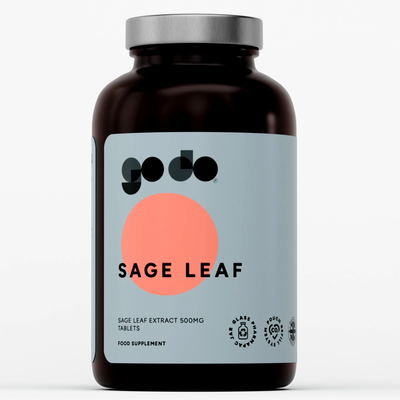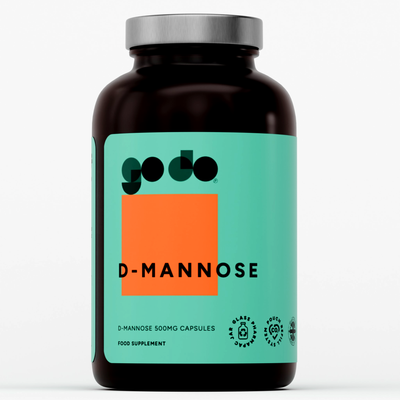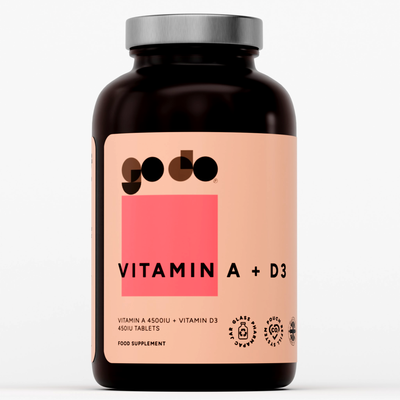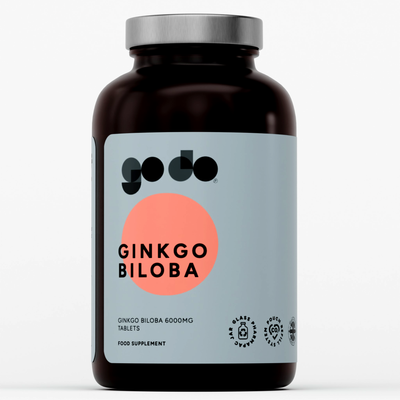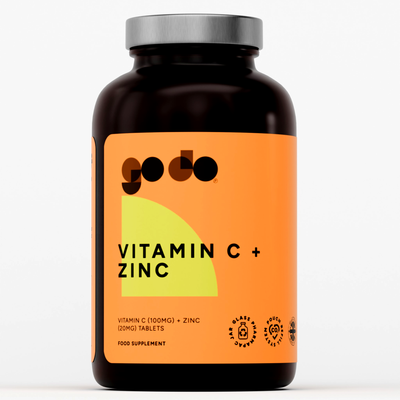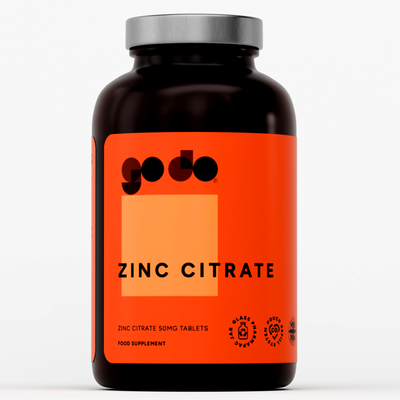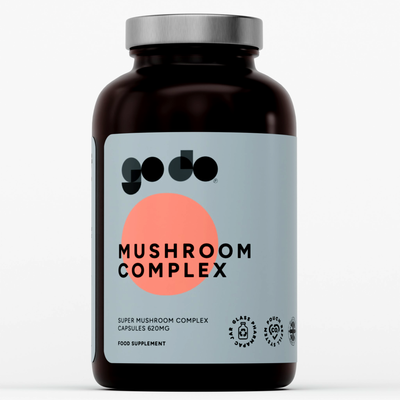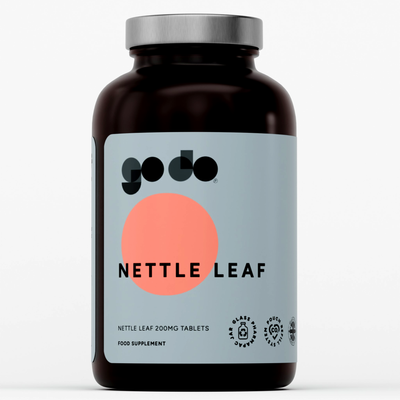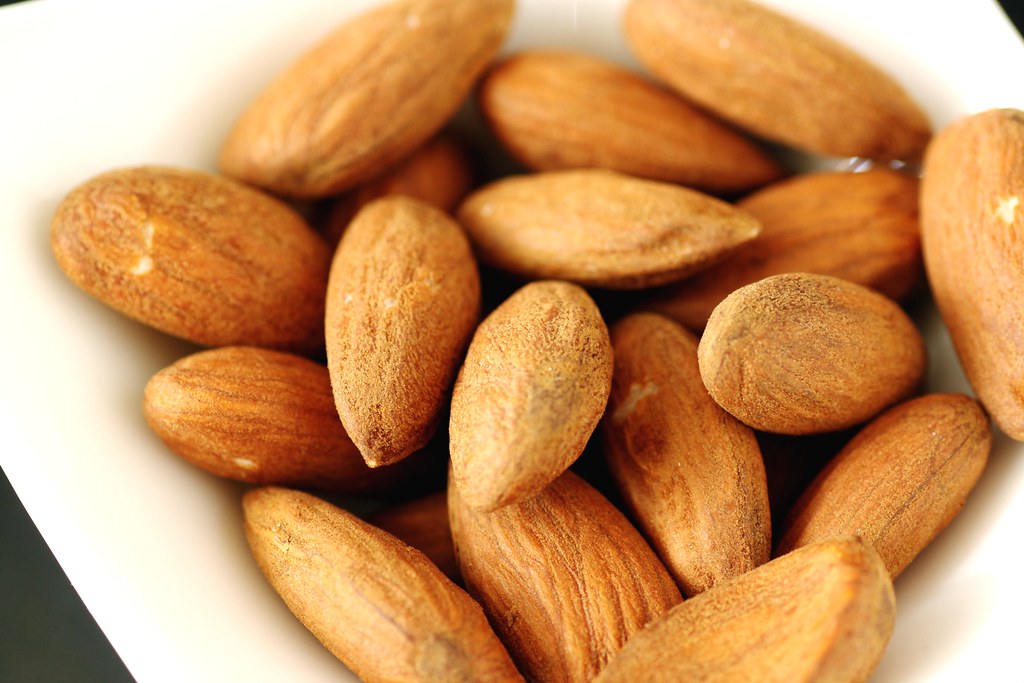
When it comes to getting good sleep, most people are told what to avoid. For instance, you should avoid caffeine after noon so that your body isn’t hyped up when you’re ready to enter dreamland, and you should also avoid using the computer or tablet within a couple hours of bedtime to give your brain time to relax and prepare for slumber.
However, there are also things that you can add to your daily regimen to improve your sleep, and eating certain foods is one of them. So, if you would like to make your nightly rest more refreshing and rejuvenating, here are three foods that may just get you there:
- Milk. It isn’t uncommon to hear the suggestion to drink a warm glass of milk prior to bedtime, and the reason this works so well when it comes to getting quality sleep is that it contains tryptophan, a sleep-inducing substance. If you are lactose intolerant or just don’t like milk, you can also find tryptophan in other foods such as turkey and chicken, beans, eggs, and walnuts.
- Almonds. Almonds contain magnesium, a nutrient that can have a huge impact on not only your ability to sleep, but also your quality of sleep. In fact, one study published in the Journal of Research in Medical Sciences found that “magnesium appears to improve subjective measures of insomnia..., sleep efficiency, sleep time and sleep onset latency, early morning awakening, and likewise.” Although this study was directed specifically at older people, it is definitely worth a try.
- Salmon. Foods high in vitamin B6, such as salmon, tuna, and halibut, work to promote sleep because B6 is necessary for the production of serotonin and melatonin—two hormones that regulate sleep patterns. If you’re not too fond of fish, other foods high in vitamin B6 include pistachios, papayas, cantaloupe, and oranges.
Add these three foods to your diet at dinner and peaceful dreams are likely just ahead.
What foods do you find help you sleep better at night?
